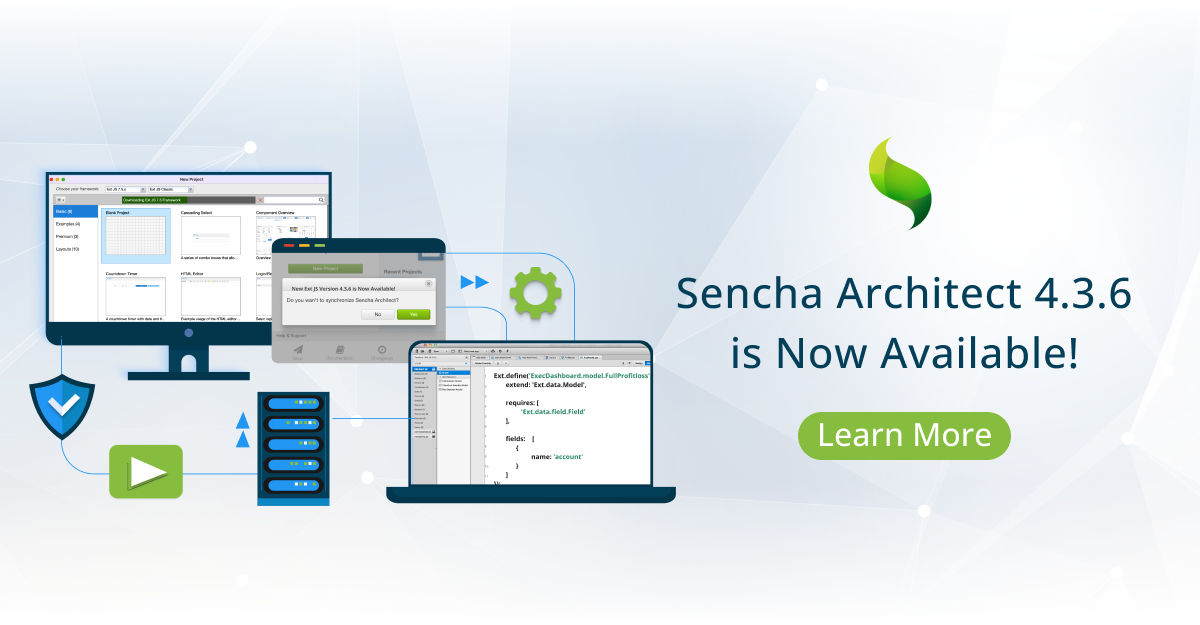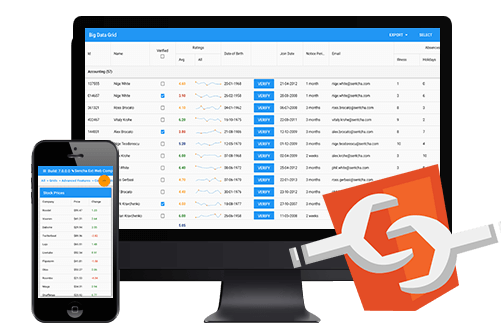Speed Up App Development With a Component-First Approach
Developers have long relied upon reusable, portable code when it comes to building applications and bringing them to market quickly and efficiently. Component-based development has persisted in popularity through the modern evolution of JavaScript—finding a home in applications developed on many of the popular front-end frameworks such as React and Angular.
The persistence of components in modern application development shouldn’t come as a surprise—the modernization of frontend JavaScript frameworks has served to allow components to evolve into what they are today: a set of standard browser APIs that use custom HTML elements to create framework-agnostic applications. To allow for flexible app development with a longer lifespan, enterprises are adopting the framework-agnostic approach through the use of Web Components.
Web Components are a set of web platform APIs that allow you to create custom, reusable elements to be used in web pages and web applications independent of the framework used underneath. These components encapsulate their core functionality from the rest of the codebase and deliver consistent behavior, without fear of any code collisions. Web Components consist of three main technologies
HTML Templates and Slots—HTML templates allow developers to store some markup on the page which can then be rendered using JavaScript. The code inside the template is considered inert by the browser until activated explicitly through JavaScript.
Custom Elements—Collection of APIs that gives the capability to create elements with a defined behavior. This set lends itself to modular code which can then be used multiple times in the user interface.
Shadow DOM—This is a web standard that encapsulates component markup and style. This bundled approach ensures that the component works consistently in any environment even if other global CSS or JavaScript is used on the page. Rendering is as programmed without any conflicts of name spaces and implementation is completely hidden from the user.
Why Consider a Component-First Approach?
As technology advances, new approaches may come and go—some probably stick around longer while others might die pretty quickly. With open source frameworks, the volatility could be more noteworthy and rewriting an entire application to adapt to change might turn out significantly expensive in terms of time, money and resources. Using a component first strategy might lend itself well in the long run as there are some notable benefits using this approach to speed up app development
- Interoperability—Components designed to work across the framework ecosystem will interact well with each other and across multiple projects.
- Longer Lifespan—With evolving methodology, versatile components will boost the lifespan of the application without any rework.
- Consistent functionality—When components are reusable and functionality is consistent, you don’t have to worry whether the component will behave as expected across different software stacks.
Oftentimes, choosing the right components for your applications can put devs in a dilemma—whether they should develop the functionality from scratch, choose open source solutions, seek out a trusted enterprise-ready vendor or use the mix and match approach. There are evident pros and cons for each option but no matter the methodology, there are three main considerations that should be top-of-mind.
Our recently released guide, Are You Choosing Your Web Components Wisely?, delves deeper into these three key considerations that every developer should take into account and set their application up for long-term success.
Looking for the Best UI Components for Your Project?
Sencha offers pre-built UI components that work with the JavaScript framework of your choice. Try our 30-day free trial of the framework-agnostic, versatile ExtWebComponents or choose our framework specific components with ExtAngular and ExtReact UI components.

We’re excited to announce the official release of Rapid Ext JS 1.0, a revolutionary low-code…

The Sencha team is pleased to announce the availability of Sencha Architect version 4.3.6. Building…

Sencha, a leader in JavaScript developer tools for building cross-platform and enterprise web applications, is…














